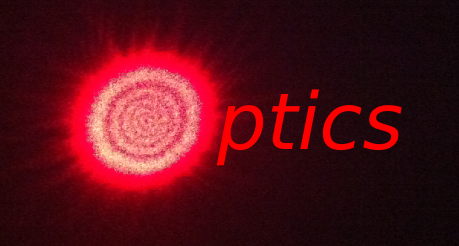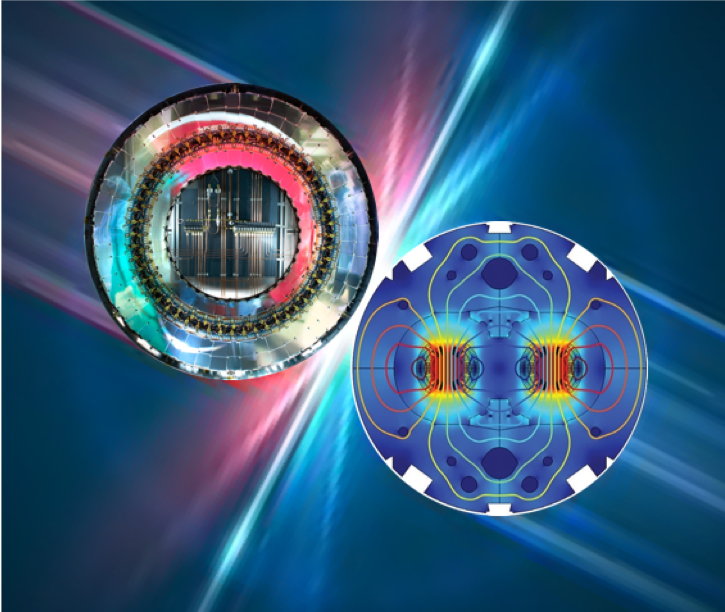Learning Objectives:
Learning Outcomes:
Understand astrophysics topics at a level that provides a foundation for independent research
Understand and apply related mathematical tools.
The goal of the course is to introduce advanced concepts of particle physics,
including relativistic quantum mechanics, propagator theory to derive Feynman rules, differential cross sections and decay rates; weak interactions (helicity, chirality, V-A theory); neutrino physics; Standard Model and Higgs mechanism; QCD and LHC physics.
Learning outcomes: Scientific, laboratory and transferable skills (including computing and communication skills), understanding and knowledge of the application of these skills in physics.
Learning outcomes: understand the macroscopic properties of the various states of matter; have familiarity with the variables and properties used in the description of matter; be able to describe microscopic models accounting for some of these properties; understand changes of phase of matter
 Introduces the fundamental principles
of Geometric and Physical Optics, including: image formation by refractive lens systems; interference by division of amplitude; Fraunhofer and Fresnel diffraction; resolving power; polarisation and the essentials of lasers.
Introduces the fundamental principles
of Geometric and Physical Optics, including: image formation by refractive lens systems; interference by division of amplitude; Fraunhofer and Fresnel diffraction; resolving power; polarisation and the essentials of lasers.
On completion of the module students should be able to:
• demonstrate an understanding of the basic physical properties solids;
• apply this understanding to simple problems.
By the end of the course you should be able to show your ability to plan, execute and write up a mini-project report. You should also be to give a clear and concise oral presentation on your mini-project work.
Introduction to advanced topics and methods used in classical physics
(mechanics, electromagnetism, relativity) with applications. Learning outcomes: See General Module Information > Specification.
Aims: to apply the principles of quantum mechanics (from courses PH2210,
PH3210) to many electron atomic systems. To build quantitative models to
understand and predict the behaviour of multi-electron atoms, which
were introduced qualitatively in PH1920. To understand experimental
spectroscopy techniques and compare with model predictions.
On completion of the course, students should be able to:
• understand the basic theoretical physics of atoms and the interaction between
radiation and matter;
• understand the experimental techniques and results;
• appreciate the quantitative validity of models in describing the properties and
behaviour of atoms, when comparing to experiments;
• being able to generalize atomic physics concepts to nuclear and molecular
physics

An introduction to the physical principles underlying the operation of modern particle accelerators and of multi-purpose detectors in high-energy physics.
Learning Outcomes: An understanding of the physics and applications of these two important classes of materials; ability to answer related problems.
Stephen.West@rhul.ac.uk
Office: W255